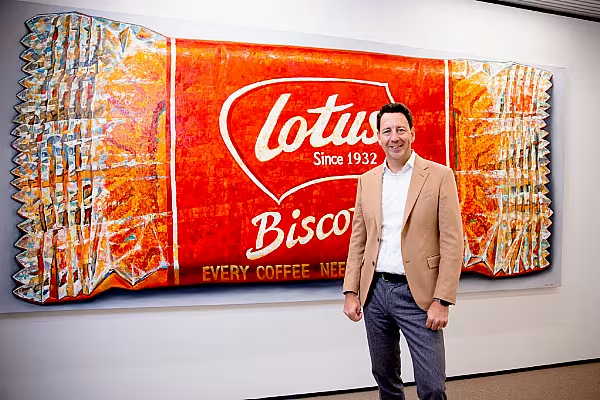US meat processor Tyson Foods Inc will launch its plant-based food in select Asia-Pacific markets starting this month, as it looks to cash in on the burgeoning demand for meat substitutes in the region its rivals have set out to capture.
Impossible Foods Inc, Nestlé SA, Beyond Meat Inc have already entered Asia with their plant-based meat products, expecting rising demand for the protein from consumers conscious about health, animal welfare and the environment.
David Ervin, vice president of alternative protein for Tyson Foods, stated, “Our global culinary network and scalability positions us well to replicate the success we’ve had in the U.S. in Asia Pacific and provide consumers with great tasting plant protein options.”
Retail sales of meat substitutes in Asia-Pacific reached $16.3 billion in 2020 and are expected to exceed $20 billion by 2025, according to data provided by Euromonitor to Tyson Foods.
'A Natural Fit'
"The Asian market is a natural fit for this category with traditional plant-based products like tofu already entrenched in the culture. The key to meeting consumer preferences with new plant-based protein is through innovation and making locally relevant products that taste great, which is our expertise," Tan Sun, president, Tyson Foods Asia-Pacific, said in a statement.
Tyson Foods, the biggest US producer of animal meat by sales, said it would first roll out plant-based nuggets, strips, and bites in Malaysia under its First Pride brand, with a view to expand into other markets.
Sun added, "Our new product expansion delivers on taste and quality, giving consumers a modern take on familiar tastes, local flavours and texture. We’re experts in the protein industry with a diverse, multi-protein portfolio and have the capabilities to produce great tasting plant-based products."
The Jimmy Dean sausage maker launched its plant-based products late last year from its Raised & Rooted brand in Europe.
Last month, the meat giant warned that rising costs would hit profits later this year even though it raised its full-year revenue forecast on higher meat prices and improving demand from restaurants.














